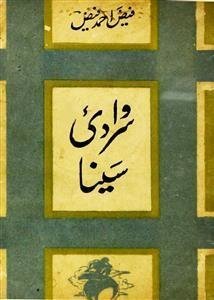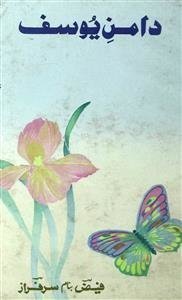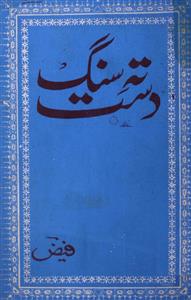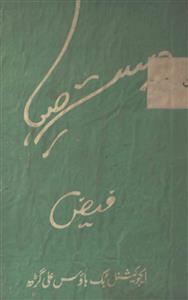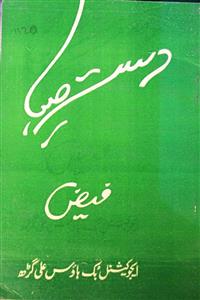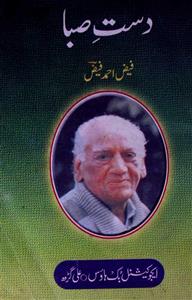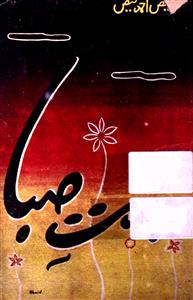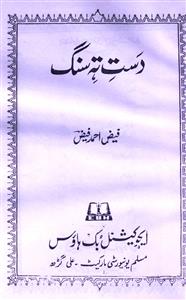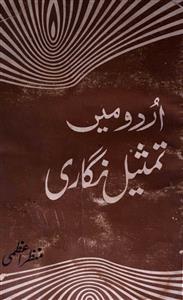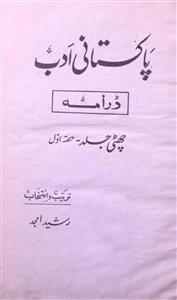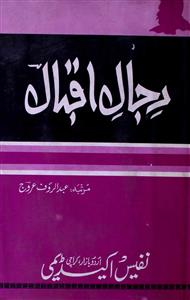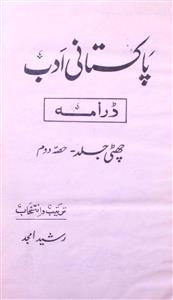 For any query/comment related to this ebook, please contact us at haidar.ali@rekhta.org
For any query/comment related to this ebook, please contact us at haidar.ali@rekhta.org
About The Book
زیر نظر کتاب فیض کی نظموں کا مجموعہ ہے۔ فیض اس میں جن عوامی پہلووٴں کی جانب توجہ دلا کر قاری کو جھجکورتے ہیں، کم و بیش وہی اس مجموعے کی باطنی آواز بھی ہے۔ لندن کے باسی وکٹر کیرین اور روسی باشندے الیگزینڈر سرکوف کے فیض کے بارے میں تاثرات دراصل فیض کی شاعری کی وہ بین الاقوامی اپیلیں ہیں جو اردو میں عام طور سے نظر انداز کر دی جاتی ہیں۔ لیکن یہ تاثرات ہمیں اس بات سے آگاہ کرتے ہیں فیض کا لہجہ محض ایک یا دو ملکوں تک محدود نہیں۔ انتساب میں معاشرے کے جس طبقے کو بیان کیا گیا ہے اسے اگر دیکھنا ہو تو فیض کے اس مجموعے میں یہاں سے شہر کو دیکھو، سپاہی کا مرثیہ، ایک شہر آشوب کا آغاز، سر وادیِ سینا اور داغستان کے ملک الشعراء روسول حمزہ کے افکار جیسی نظمیں قاری کو دیکھنا چاہیے۔
About The Author
Faiz Ahmad Faiz was among the most celebrated and popular shayars. He faced political repression for his revolutionary views. Faiz was his pseudonym. His birth took place in the year 1911, in Sialkot, Punjab, from where he did his basic education from Church Mission School. Later on, he did his Masters in English and Arabic from Government College, Lahore. During his college days, he continued to pursue his poetic aspirations. In 1936, he took up the post of an English lecturer at M.A.O. College, Amritsar. When the Progressive Movement in India gathered momentum in 1936, he was one of the protagonists. Faiz beautifully blended the grief of love with sorrows of life in his poetry which struck a chord with youth. In 1939, when his first collection ‘Naqsh-e-Faryadi’ was published, the literary world was rocked with the echo. During that time, he also assumed the responsibility of editorship of ‘Adab-e-Lateef’. In 1940, Faiz was appointed lecturer at the Hailey College of Commerce, Lahore. This was the period when World War was at its peak and nations were uniting against fascism, consequently Faiz also joined army. In 1947, Faiz took up a position in the Pakistan Times. After that he became editor of “Imroz” and received accolades in journalism too. After Pakistan came into existence, he began working for the rights of labor and was appointed Vice President of Trade Union Federation. He participated in the I.L.O. Geneva Conference as a spokesperson for labor. On March 9, 1951, Faiz was arrested under the Pakistan Safety Order Act for Rawalpindi case for which he was imprisoned. His second collection ‘Dast-e-saba’ commemorates his confinement in Hyderabad jail. Faiz began his poetry with ghazals and steadily shifted his attention to nazm and is acknowledged a renowned poet of both forms among progressive poets. He is equally admired in India, Pakistan as in the western countries. His ghazals have been translated into several languages. He was felicitated with a large number of scholarly awards, particularly the Lenin Peace Prize in 1962 and his Gazals are sung by almost every popular singer. Compositions of poetry: Naqsh-e-faryadi, Dast-e-saba, Zindaan Naama, Dast-e- Tah-e-Sang, Sar-e-Wadi-e-Seena, Sham-e-Sheher-e-Yaaran, Mere Dil Mere Musafir. His complete poetry has been published as ‘Nuskhahaae Wafa’. Faiz passed away on 20th Nov 1984 in Lahore.
 For any query/comment related to this ebook, please contact us at haidar.ali@rekhta.org
For any query/comment related to this ebook, please contact us at haidar.ali@rekhta.org
